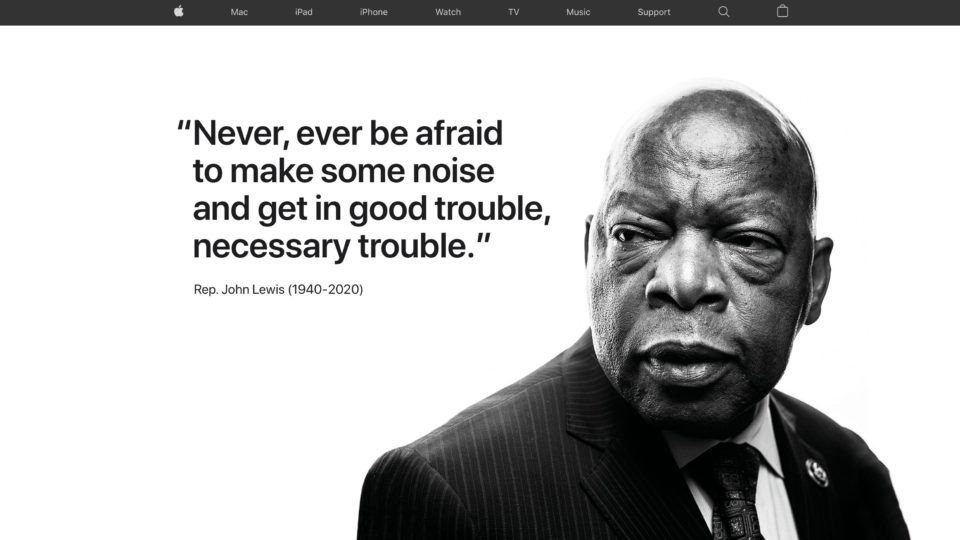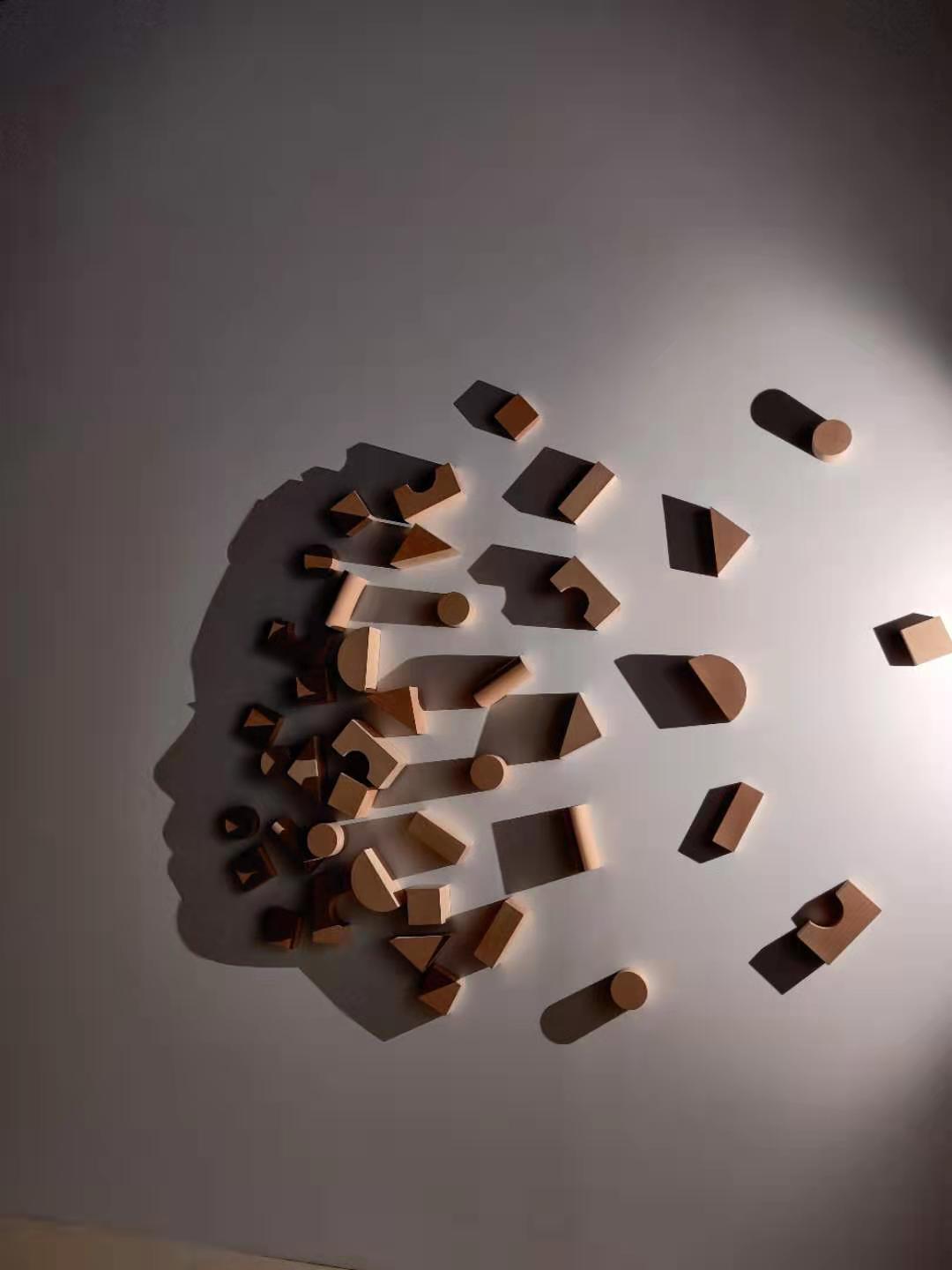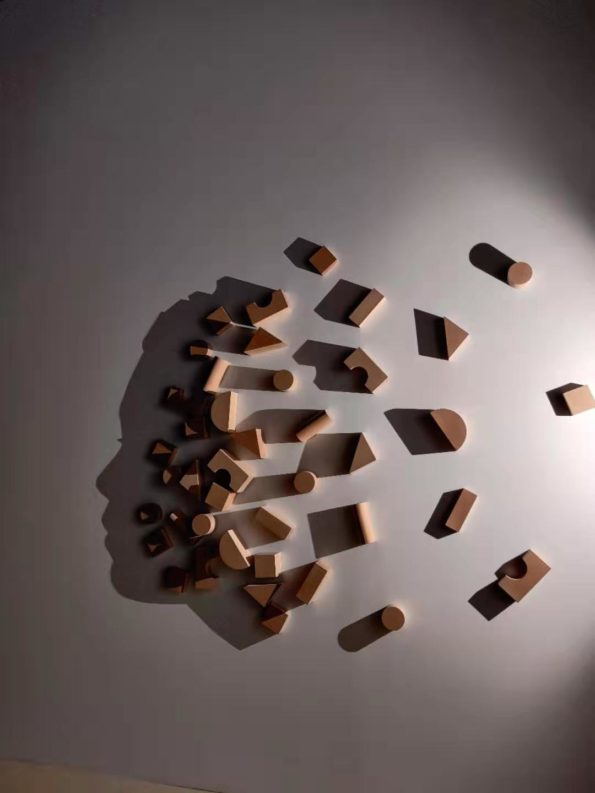
They were so busy checking their phones, they didn’t read the placard:
FOR CUSTOMERS ONLY, LOCAL MOCHA.
I was tempted to pound on the window to get their attention, especially the one dressed in Casual Friday meets Clearance Rack.
I turn around and look at Dosi, who was wiping down the counter.
“Aren’t you mad?”
“Mad at what?”
“The Madcappers. They are sitting in your chairs!”
Dosi rolled her eyes. She’s owned the Mocha Local coffee shop in downtown Grand Rapids, Michigan, for twelve years, a business she purchased so she could oversee her kids doing homework. She also purchased two wooden outdoor dining sets for her guests as dining has moved outdoors during Covid. Meanwhile, Madcap, her competitor, purchased cheap metal chairs that are known to roast buns in the sun.
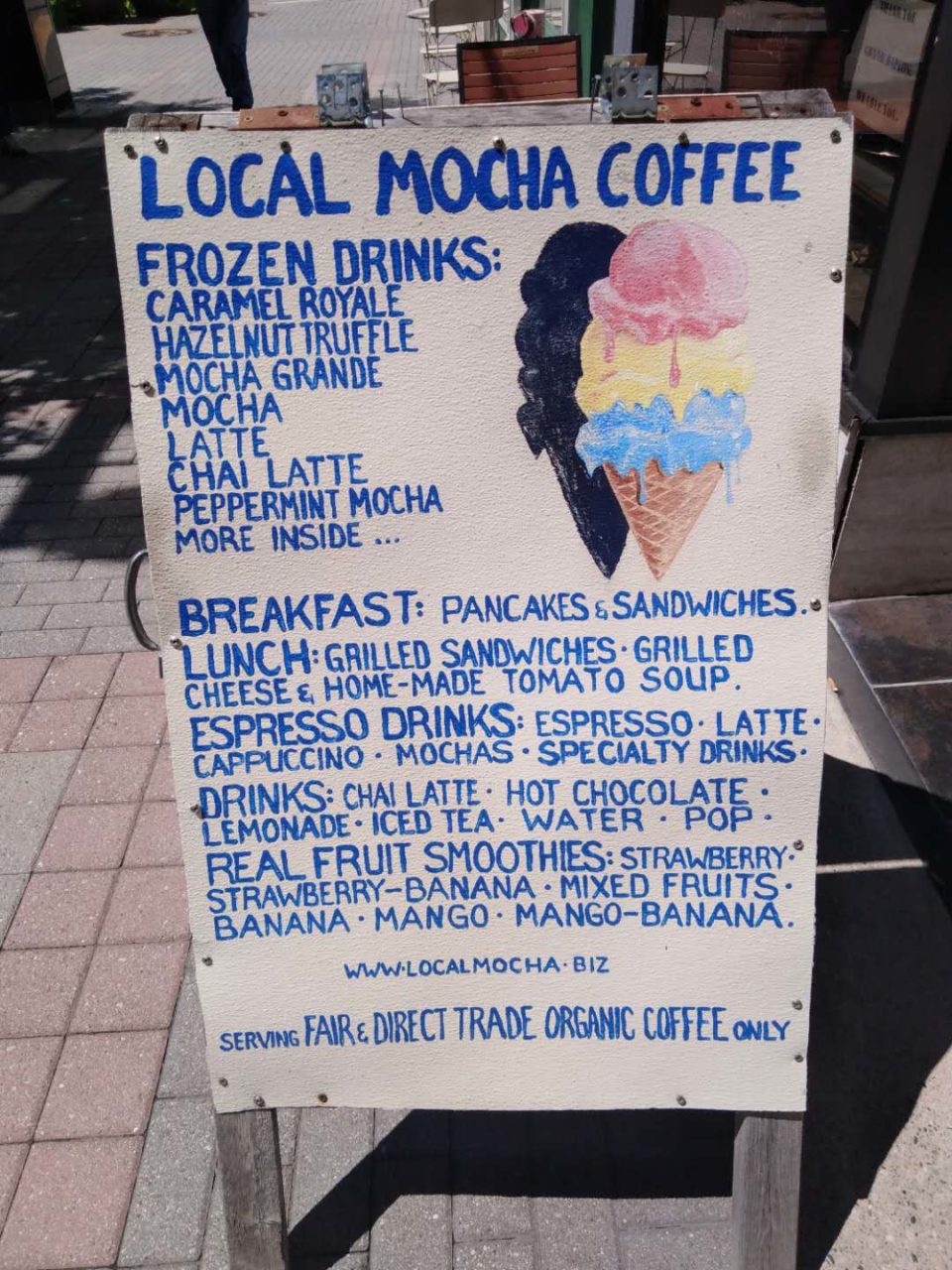
Dosi put down her rag. “Sometimes, they will look inside my window, wait until they have eye contact, then sit in my chairs anyway. Or, when they see me, they look at me as if I were a snake!”
Ouch. The comment hurt more than the notion of sitting on a hot metal chair. Dosi moved to the States from Nigeria at the age of twelve. That’s when she first learned she was black.
“In Nigeria, I didn’t know something like color existed.”
People notice here.
I glared outside at the Madcappers, scrolling through their messages, sipping their caffeinated concoctions, hoping that if I stared long enough, they would feel the daggers shooting from my eyes.
But they didn’t.
It’s not as if their actions are totally rude, but hello, wasn’t there a world wide Black Life Matters movement just a few weeks earlier? Folks came to downtown Grand Rapids in droves to paint murals, or better yet, get a picture of their child holding a dripping paintbrush to post on Facebook. There were free hotdogs and hugs for everyone. Now, the drop-clothes are gone. The BLM murals blend in with the same-o same-o. The paint-brush posts have dozens of likes. The homeless melt back into the concrete searching for dropped change. Copper pennies, shimmering dimes, anything.
What about the change that we dropped? Will we pick it up again?
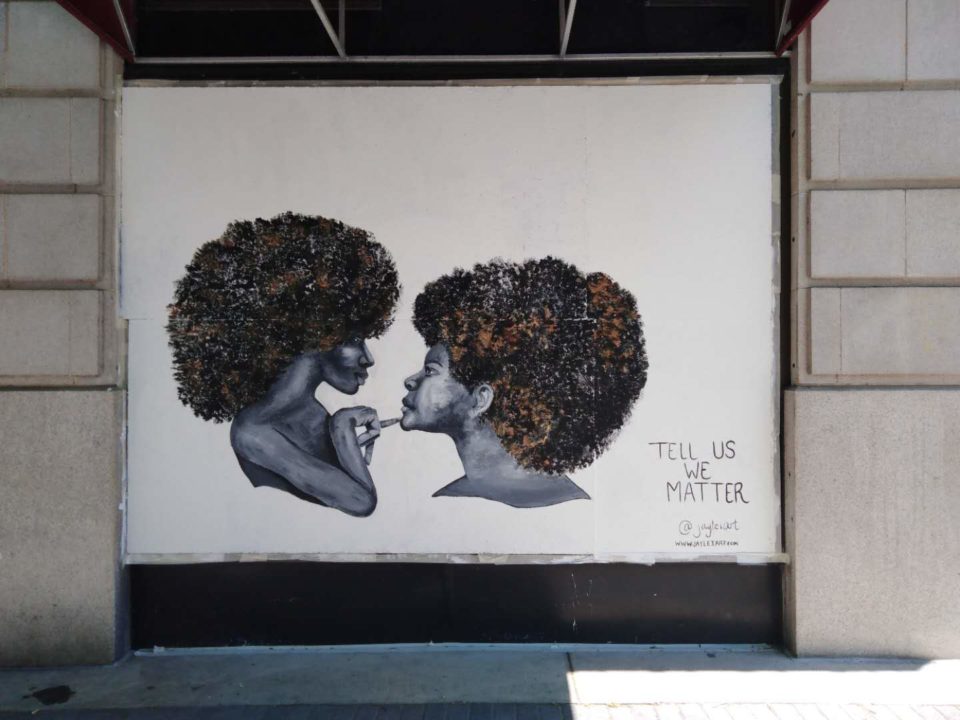
It doesn’t stop there.
There is also Changi, on the next block.
Changi, a watch repairer with Indian roots, is the owner of Superior Watch. His clock got cleaned during the protests. Greeting cards scattered and stepped on, his credit card machine stolen. About the only thing that remained intact was Changi’s framed horologist certificate. The juices in my stomach curdle when I go inside, his loneliness palatable.
I wish I had a watch for him to fix but I don’t. I buy a card with a faded shoeprint on the envelope. It was a condolence card for a friend. Well, make that an unfriend. Our political differences ripped us apart at the seams but it was time to get out the thread and needle. Her husband just died.
There is so much pain we willingly close our eyes to. The makeshift memorial near the underpass. The merchant whose chairs we use without thanking. The horologist with time on his hands. The recently widowed with assault rifles and no face-mask but who cares. Or, a down-on-lucker looking for change, David.
David’s a machinist who came to Grand Rapids with hopes of finding work. Now, he’s living at the Mission swallowing the little pride he has left.
“Excuse me, can you spare some change?” he asks, while shuffling his feet.
I’m looking for some change, too, I thought. Change that was dropped a few weeks back. Change that was supposed to last. Change that–
“How about I buy you lunch?” I suggest.
We didn’t go to the Mocha Local. It was closed. We didn’t sit in their nice chairs, either. But David did get a cheeseburger with lemonade and fries.
If change is dropped, pick it up.
It won’t bring good luck like a penny. It’ll bring something better.
